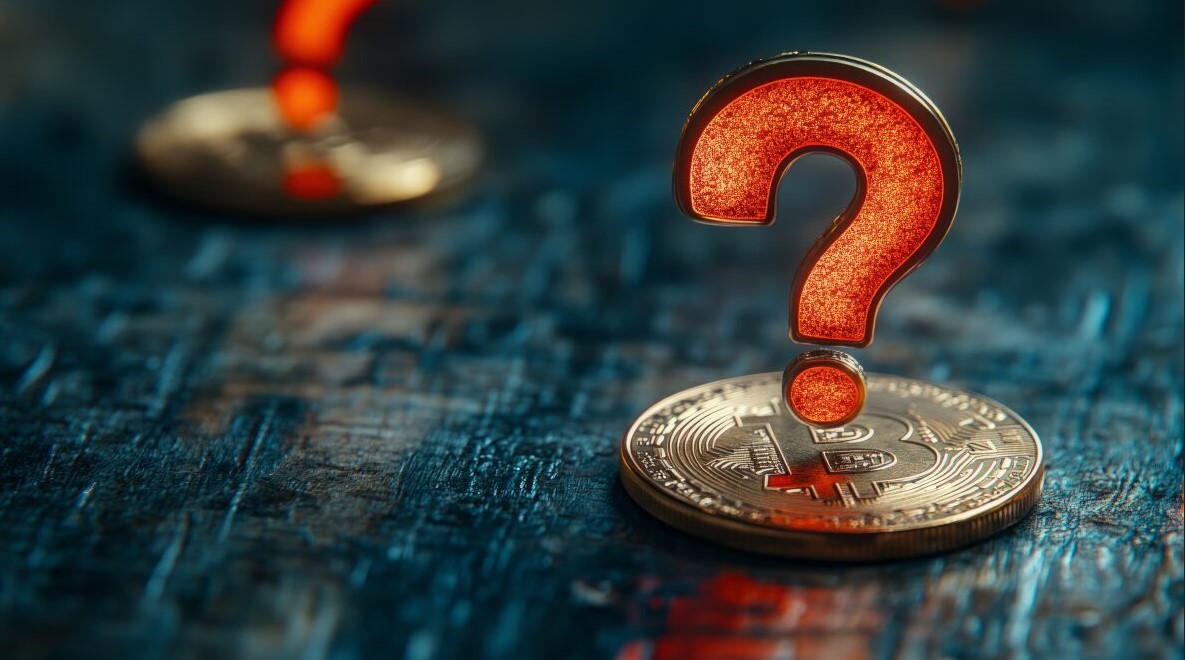“What is not good for the hive is not good for the bee.”
Marcus Aurelius
¿Someone that is recognized as a bitcoiner, that makes successful bitcoiner products aimed at providing sovereignty and privacy to the user, but that, indirectly, through the call to the State, initiates force against another bitcoiner, is really a bitcoiner? Or, rather, despite being a bitcoiner, is your action in line with the ethos of Bitcoin, with the essential moral principles driven by the phenomenon?
When there is a dispute within Bitcoin layer one about the way things should be done, it is resolved through the best-in-class proof-of-work dispute resolution and governance mechanism.
On the other hand, when there is a dispute at Bitcoin’s zero layer, which is made up of natural persons who act as nodes and collaborators of the basilisk, How should we resolve disputes?
The trigger for this article is the news that recently the bitcoiner djuri was legally intimidated by the bitcoiner NVK because the second understood that the first would have violated its “intellectual property rights.”
“Intellectual property is a valuable asset that must be protected and respected by everyone.”
Bill Gates.
The legally summoned, djuriis the creator of a product that according to NVK, founder and owner of Coinkitewould have some characteristics that would make it in some way similar to a product that he made and whose “intellectual property” -fiat- he has registered. That is to say, that NVK invoked the force of the State – fiat – with the intention that it be applied against djuri. And he did so with the intention of defending his “intellectually” registered property.

A registry of “intellectual property” consists of a registration in a state body -fiat- where whoever registers the “right” -fiat- asks the State to initiate coercion, force, violence and threats against any person who, According to the interpretation of the State, it violates that “right” -fiat-. Likewise, this registration gives the registrant the “right” – fiat – to petition the State to interpret that his “right” has been violated. And if the latter shares the interpretation made by the registrant, the State can activate its intrinsic mechanism of threats, violence and coercion against the aforementioned violator of the “right” -fiat-.
I use the name “right” – fiat – in contrast to the natural right. The first is a state fictional invention based on the authority mythwhile the second is rationally deduced from the principles of Nature.
“Intellectual property is the basis of innovation and progress in modern society.”
Alan Greenspan, Chairman of the US Federal Reserve
Intellectual property is an incongruous, one hundred percent fiat fiction. Natural law totally rejects the artificial legal aberration created by authoritarian legislators. The institution of private property only makes sense to protect scarce goods. Let’s look at an example: Alice has an apple and she is hungry, but since she is busy posting on Nostr He decided to eat it later. Thirty minutes later he goes down to his kitchen and can’t find the apple. It turns out that Bob, her partner, ate her.
Alice reproaches Bob for his action because she, despite having bought the apple and having it in her possession, lost it due to Bob’s action and is still hungry. Alice understands that interruption of nutritional intake and tasting pleasure that the apple would have provided him consists of damage to his person. Since she was the owner of the unique and irreproducible object consisting of the totality of molecules that, linked together, made up the apple existing in the physical space in which Alice and Bob live.
Furthermore, Alice understands that the apple, once eaten by one person, can no longer be eaten by another. Therefore Alice concludes that she has suffered harm. And attentive to the objective development of the facts, attributes that hurt Bob. The attribution of damage occurs in a discussion that they have in the kitchen of their house and that develops in the following terms:
“Intellectual property is a state monopoly that restricts freedom of expression and innovation.”
Stephen Kinsella, “Against Intellectual Property.”
Alice: “Bob, your motherfucker, you ate my fruit again. I love you c***ra palos. Go to the grocery store right now and bring me two apples because otherwise everything will rot.”.
To which Bob, seeing that Alice has few fleas, and feeling guilty for his previous incorrect action, consisting of having deprived Alice of her fruit, goes to the greengrocer, buys two apples with his money and gives them to Alice with a smile and an apology.
In this way nature was balanced, a small injustice was resolved and Alice and Bob can continue to cooperate with each other in peace and with a view to growing individually, as well as in their community.
This favorable result occurred due to respect for the institution of private property.
Disclaimer: The views and opinions expressed in this article belong to its author and do not necessarily reflect those of CriptoNoticias. The author’s opinion is for informational purposes and under no circumstances constitutes an investment recommendation or financial advice.


